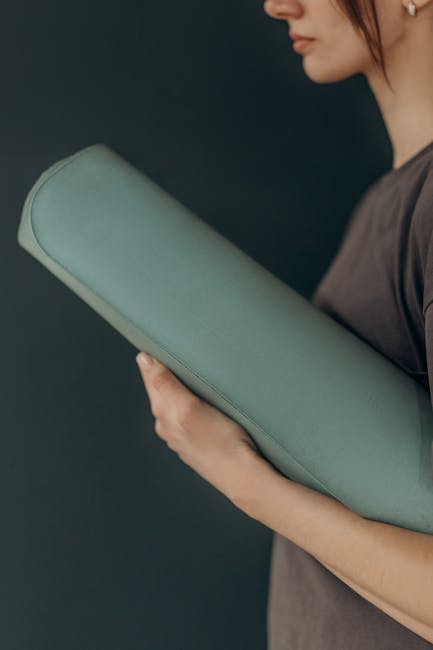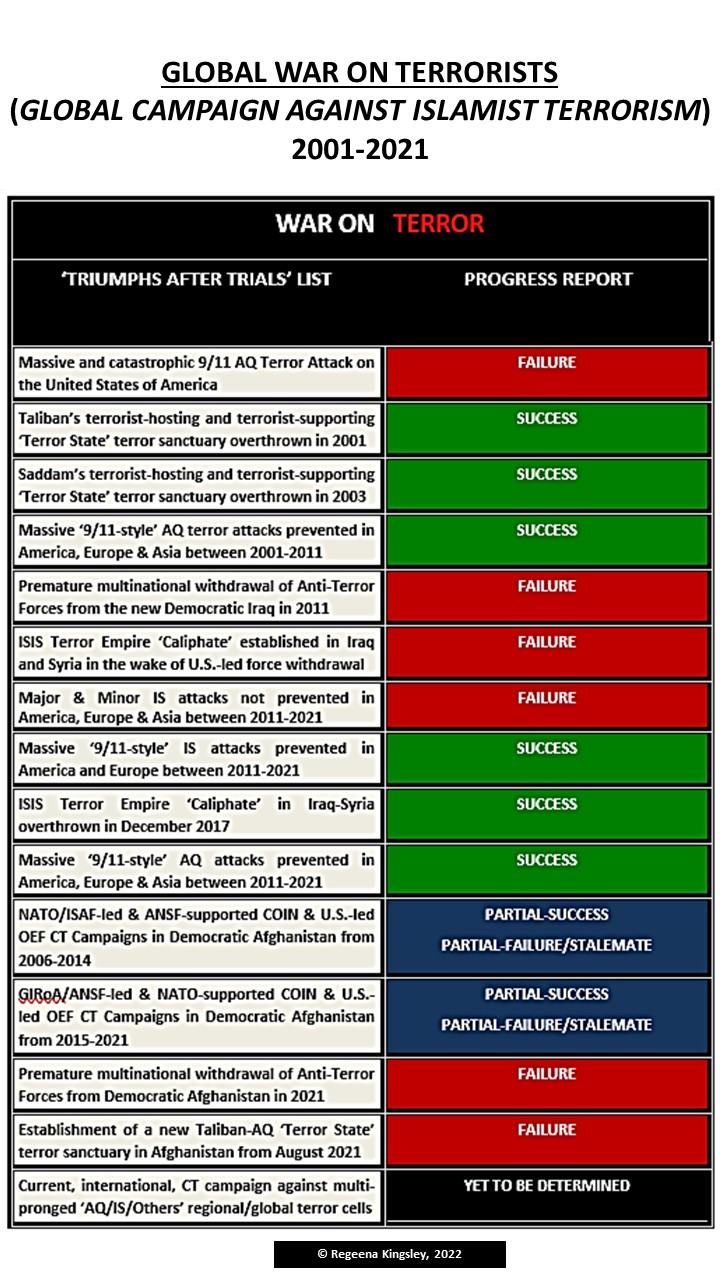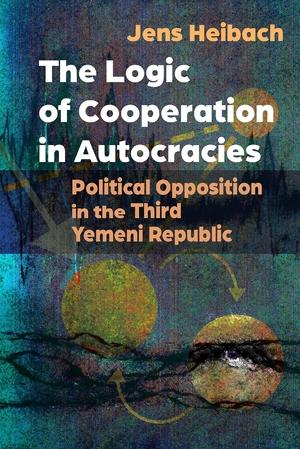In the twisted dance of power and control, one partner always seems to take the lead: the military. Autocracies around the world have long relied on their uniformed companions to dictate the rhythm of their oppressive regimes. But what makes these military enforcers tick? And why do they always seem to have two left feet when it comes to democracy? Grab your dancing shoes and let’s waltz into the fascinating world of the military’s influence in autocracies.
role-of-the-military-in-autocracies”>Key Role of the Military in Autocracies
When it comes to autocracies, the military plays a crucial role in maintaining power and control. Here’s a look at the key functions that the military serves in these authoritarian regimes:
- Suppressing Dissent: The military is the go-to tool for squashing any form of opposition or dissent. Need to silence protestors? Call in the troops. Want to intimidate political rivals? Send in the tanks. The military’s job is to intimidate, threaten, and crush any form of resistance to the regime.
- Enforcing Order: Without the military, chaos would reign in autocracies. Whether it’s enforcing curfews, cracking down on crime, or maintaining public order, the military is the ultimate enforcer of the regime’s rules and regulations. Plus, who doesn’t love a good ol’ military parade to remind everyone who’s boss?
- Protecting the Leader: Autocratic leaders wouldn’t be caught dead without their loyal military protecting them. Whether it’s a team of elite bodyguards or an entire battalion stationed outside their palace, the military is there to ensure that the leader’s reign remains unchallenged.
So next time you see a military parade in an autocratic regime, remember that it’s not just for show – it’s a powerful symbol of the military’s key role in propping up the regime and keeping the population in check. Hail to the power of the military!
Factors Influencing the Military’s Support for Autocratic Regimes
When it comes to discussing the military’s support for autocratic regimes, there are several key factors at play that can influence their decisions.
One of the main factors is financial incentives. Let’s face it – everyone loves a hefty paycheck! Autocratic leaders often use their power to ensure that military officials are well-compensated for their loyalty. This can include bonuses, kickbacks, and access to lucrative business opportunities. Who can resist a little extra padding in the bank account?
Another important factor is power and prestige. Being a part of the military elite in an autocratic regime can come with a lot of perks. From VIP treatment to a sense of superiority over the common folk, being on the winning team can boost one’s ego and status in society – who wouldn’t want to feel like a king (or queen) for a day?
Lastly, fear and intimidation play a significant role in the military’s support for autocratic regimes. Dissent is often met with harsh consequences, and powerful leaders are not afraid to use force to maintain control. The fear of reprisal can be a powerful motivator in keeping the military in line. After all, nobody wants to end up on the wrong side of a firing squad!

Methods Used by Autocratic Leaders to Maintain Military Loyalty
Autocratic leaders have a variety of sneaky methods up their sleeves when it comes to maintaining military loyalty. Here are just a few of their most reliable tactics:
- Extensive surveillance: Autocratic leaders keep a close eye on their military personnel, monitoring their every move and conversation to ensure there are no whispers of dissent.
- Rewards and punishments: These leaders are experts at using a system of rewards and punishments to control their troops. Whether it’s a shiny new medal for loyalty or a stint in the dreaded desert prison for disobedience, autocrats know how to keep their soldiers in line.
- Propaganda: Autocratic leaders are masters of propaganda, using it to manipulate their military into thinking that they are fighting for a noble cause. Through carefully crafted messages and images, they are able to instill a sense of duty and loyalty in their troops.
So next time you see an autocratic leader maintaining military loyalty, remember that it’s not all brute force and intimidation – there’s a whole bag of tricks at play behind the scenes!

Historical Examples of Military Coups in Autocracies
Throughout history, autocracies have been prime breeding grounds for military coups. Here are a few notable examples:
- The Roman Empire: Julius Caesar famously crossed the Rubicon River with his army, sparking a civil war that ultimately led to the end of the Roman Republic and the rise of the Roman Empire. Talk about taking the phrase “divide and conquer” to a whole new level!
- France: Napoleon Bonaparte may have started out as a military genius, but he quickly realized that he could use his army to seize power and become Emperor of France. It turns out that conquering countries wasn’t enough - he wanted to conquer hearts and minds too!
- Egypt: In 2013, General Abdel Fattah el-Sisi led a military coup against President Mohamed Morsi, ousting him from power and establishing himself as the new dictator. Looks like el-Sisi took a page out of the history books – when in doubt, just send in the tanks!
These examples serve as a reminder that in autocracies, the military often holds the key to power. Who needs a democracy when you can just stage a coup instead?

Impact of Military Influence on Political Stability in Autocracies
In autocracies, the military often plays a crucial role in maintaining political stability. However, their influence can have both positive and negative impacts on the overall governance of the country.
Positive Impact:
- The military can act as a deterrent against domestic unrest, preventing uprisings and maintaining order within the country.
- They can also provide a sense of security and protection to the ruling regime, ensuring their continued hold on power.
- Additionally, the military’s strong presence can discourage foreign intervention and preserve the country’s sovereignty.
Negative Impact:
- Excessive military influence can lead to authoritarian rule and suppress political dissent, limiting freedom of speech and expression.
- Corruption within the military can undermine the government’s legitimacy and erode public trust in the ruling regime.
- Moreover, military interventions in politics can disrupt the established power structures and lead to further instability.
Challenges Faced by Autocratic Leaders in Managing the Military
Autocratic leaders may enjoy absolute power, but when it comes to managing the military, they face a unique set of challenges that can leave them feeling like they’re fighting a losing battle.
One major hurdle autocratic leaders face is gaining the respect and loyalty of their military. With their strict and often oppressive leadership style, autocrats can struggle to win over the hearts of their troops. Soldiers may grumble and complain behind their backs, creating an air of distrust and animosity that can undermine the leader’s authority.
Another challenge autocratic leaders face is dealing with dissent and insubordination within the ranks. When soldiers are subjected to harsh discipline and micromanagement, they may rebel or plot against their leader, leading to potential mutinies or coup attempts. The fear of betrayal can keep autocrats awake at night, wondering if their own soldiers are conspiring against them.
Furthermore, autocratic leaders must navigate delicate political alliances and power struggles within the military hierarchy. Generals and officers may vie for influence and control, causing infighting and power plays that can destabilize the entire chain of command. Autocrats must constantly juggle egos and ambitions, treading carefully to avoid upsetting the delicate balance of power.
FAQs
Why is the military so influential in autocracies?
Well, think about it like this – if you were a dictator, wouldn’t you want a bunch of strong, tough guys with guns backing you up? The military can help keep the ruler in power by squashing any opposition or uprisings. Plus, they tend to have a lot of weapons and resources at their disposal, which can come in handy when trying to maintain control.
What specific tactics do autocrats use to maintain the loyalty of the military?
Oh, they’ve got a whole bag of tricks up their sleeves. Some autocrats like to give the military special privileges, like fancy uniforms or nice housing. Others might throw them lavish parties or even give them a cut of the country’s resources. Basically, anything to keep the military happy and on their side.
How does the military’s influence in autocracies affect the everyday lives of citizens?
Well, let’s just say it’s not exactly a walk in the park. With the military calling the shots, citizens often have limited freedoms and face harsh consequences for speaking out against the regime. Plus, when the military is in charge, they tend to prioritize their own interests over those of the people, which can lead to widespread corruption and inequality.
Can the military ever turn against the ruler in an autocracy?
It’s definitely possible, but it’s not exactly an easy feat. The military tends to be pretty loyal to the ruler, since they’re the ones signing their paychecks and giving them all those fancy perks. However, if the ruler’s grip on power starts to slip, or if there’s a new up-and-coming dictator in town, you might just see the military switching sides faster than you can say “coup d’état.”
—
Salute to the Power of the Military!
And that’s a wrap on our deep dive into the military’s influence in autocracies. From coups to crackdowns, these powerful forces sure know how to make a statement. So next time you see a group of soldiers marching in formation, just remember - they might just be plotting their next move in the chess game of power. Stay safe, stay vigilant, and always keep an eye on those shiny boots!






